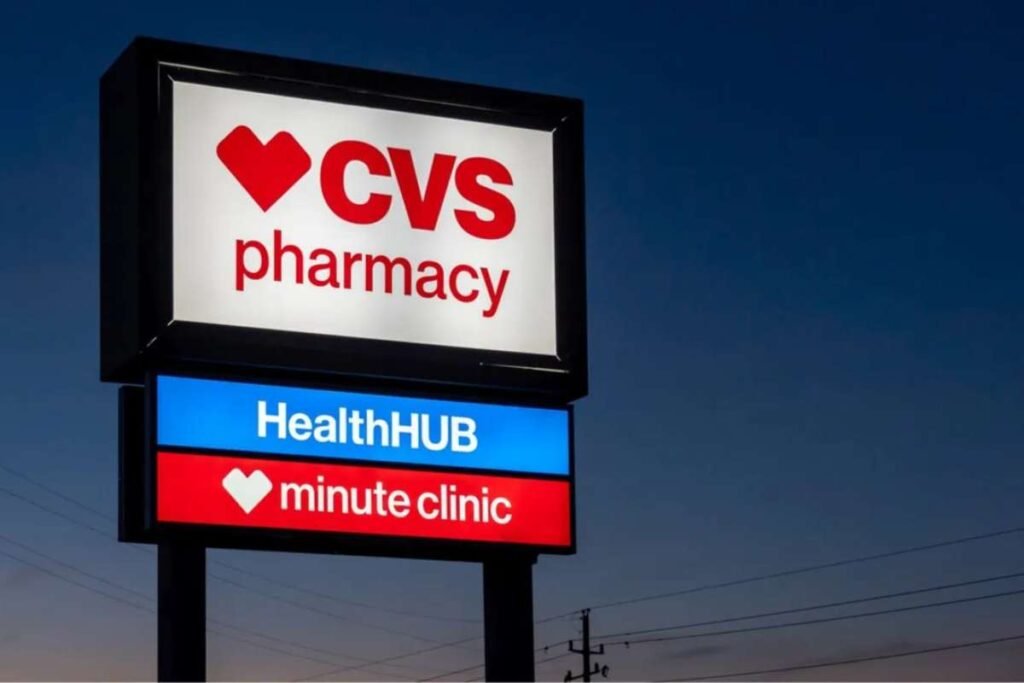Expanding CVS’s Role in Community Healthcare
CVS Health CEO David Joyner has unveiled an ambitious strategy to reshape the company’s retail healthcare services. His vision focuses on creating a more integrated system where pharmacists, Minute Clinic nurses, and Oak Street physicians work more collaboratively. Joyner believes this approach will strengthen CVS’s ability to improve community health by maximizing the company’s extensive healthcare workforce.
Joyner highlighted the scale of CVS’s workforce, which includes 30,000 pharmacists, a significant number of nurses at Minute Clinics, and primary care physicians from Oak Street Health. By aligning these professionals, CVS Health aims to enhance care delivery nationwide.
Minute Clinics, located in over 800 CVS stores, provides quick medical services, including vaccinations and routine health screenings. Oak Street Health, acquired by CVS for $10.6 billion in 2023, focuses on primary care for seniors. Joyner sees the integration of these services as a major opportunity to expand CVS’s presence in the healthcare industry and improve patient outcomes.
Retail Health Challenges and CVS Health Response
The push toward integrated healthcare comes at a time when the retail health sector is facing significant challenges. Many retail pharmacies, including CVS, have been forced to reevaluate their strategies due to shifting market conditions. CVS has already announced plans to close nearly 900 underperforming stores, mirroring similar moves by other major retailers.
Walmart recently shut down its retail health clinics, and Walgreens is preparing to sell its service provider, VillageMD. Despite these setbacks in the industry, Joyner remains confident in CVS’s ability to expand its healthcare services. He believes that pharmacists, in particular, are underutilized in the current healthcare system and could play a more significant role in patient care.
Joyner’s approach contrasts with competitors like UnitedHealth Group, which employs a large network of physicians through its Optum brand. While UnitedHealth has focused on acquiring traditional medical practices, CVS is doubling down on its retail health model, aiming to provide accessible care within its stores.
Future of CVS Health Model
One of Joyner’s key priorities is finding ways to maximize pharmacists’ potential by exploring new reimbursement models. Currently, pharmacists are largely compensated based on drug sales, which he believes has led to the commoditization of their profession. Instead, Joyner envisions a system where pharmacists are recognized for their healthcare expertise and paid accordingly.
He cited the COVID-19 pandemic as an example of how pharmacists can take on a greater role in patient care, such as administering vaccines. By elevating pharmacists’ responsibilities, integrating primary care services at Minute Clinics, and ultimately shifting toward a value-based care model, Joyner hopes to address the country’s shortage of primary care providers.
Over the next year, implementing this integrated approach will be one of CVS’s top priorities. With the healthcare landscape evolving rapidly, Joyner’s strategy could redefine CVS’s role in the industry and position it as a leader in retail healthcare innovation.









